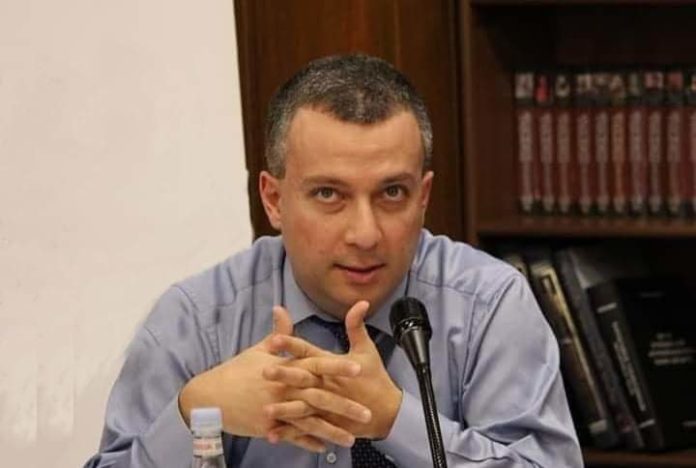The 2020 Nagorno-Karabakh war and the onset of the Russia-Ukraine conflict in February 2022 have dramatically disrupted the status quo in the South Caucasus, thrusting the region into the center of regional and global power rivalries. To varying degrees, Russia, the United States, the European Union, Turkey, Iran, Israel, France, India, China, and Pakistan are involved in the South Caucasus, creating a complex nexus of overlapping and diverging interests shaping the region’s geopolitical present and future. In recent years, the United States and the European Union have increased their presence in the South Caucasus. However, potential change in leadership in Washington and the shifting priorities in the forthcoming EU legislative cycle could significantly alter their engagement in the region.
The Biden Administration has pursued active engagement in the South Caucasus. The United States has been one of the main mediators in Armenia-Azerbaijan negotiations, organizing several meetings between Armenian and Azerbaijani foreign ministers in Washington from 2022-2024 and the meeting between Prime Minister Nikol Pashinyan and President Ilham Aliyev in February 2023 in Munich. US engagement with Armenia has also increased, aligning with the administration’s broader efforts to support democracy worldwide. The confrontation between US and Russia has further influenced their policy in the region, as Washington views the Armenia-Azerbaijan peace process and Armenia-Turkey normalization as a tool to reduce the South Caucasus and Central Asian countries’ dependency on Russia.
With the upcoming US presidential elections in November 2024, the potential impact on American foreign policy in the South Caucasus cannot be overstated. Should Kamala Harris, the candidate of the Democratic party, win, it is unlikely that US foreign policy will undergo drastic changes, although sustained interest in the South Caucasus is not guaranteed.
In the event of a second Trump presidency, the situation becomes more uncertain. Many experts find assessing Trump’s foreign policy challenging, particularly his views toward the South Caucasus. However, a prevailing perception is that the US involvement in the South Caucasus would likely decrease under a Trump Administration. The key drivers of the Biden Administration’s approach — support for democracy and countering Russia — may not be as relevant to a Trump Administration.
The South Caucasus, including Armenia, should be prepared for the possibility of reduced US involvement. This change could occur swiftly if Trump returns to the White House in January 2025, necessitating proactive preparation from the region.
The European Union has increased its involvement in the South Caucasus following the 2020 Nagorno-Karabakh war. Bogdan Aurescu, Romania’s foreign minister, along with Alexander Schallenberg, Austria’s foreign minister, and Gabrielius Landsbergis, Lithuania’s foreign minister, conducted a regional tour of the South Caucasus from June 24 to 26, 2021 as special envoys of Josep Borrell, the EU’s High Representative for Foreign Affairs and Security Policy. The EU Commissioner for Neighborhood and Enlargement, Olivér Várhelyi, visited the South Caucasus from July 6 to 9, 2021, to discuss EU relations with the region. Additionally, President of the European Council Charles Michel visited the South Caucasus from July 17-19, 2021.







